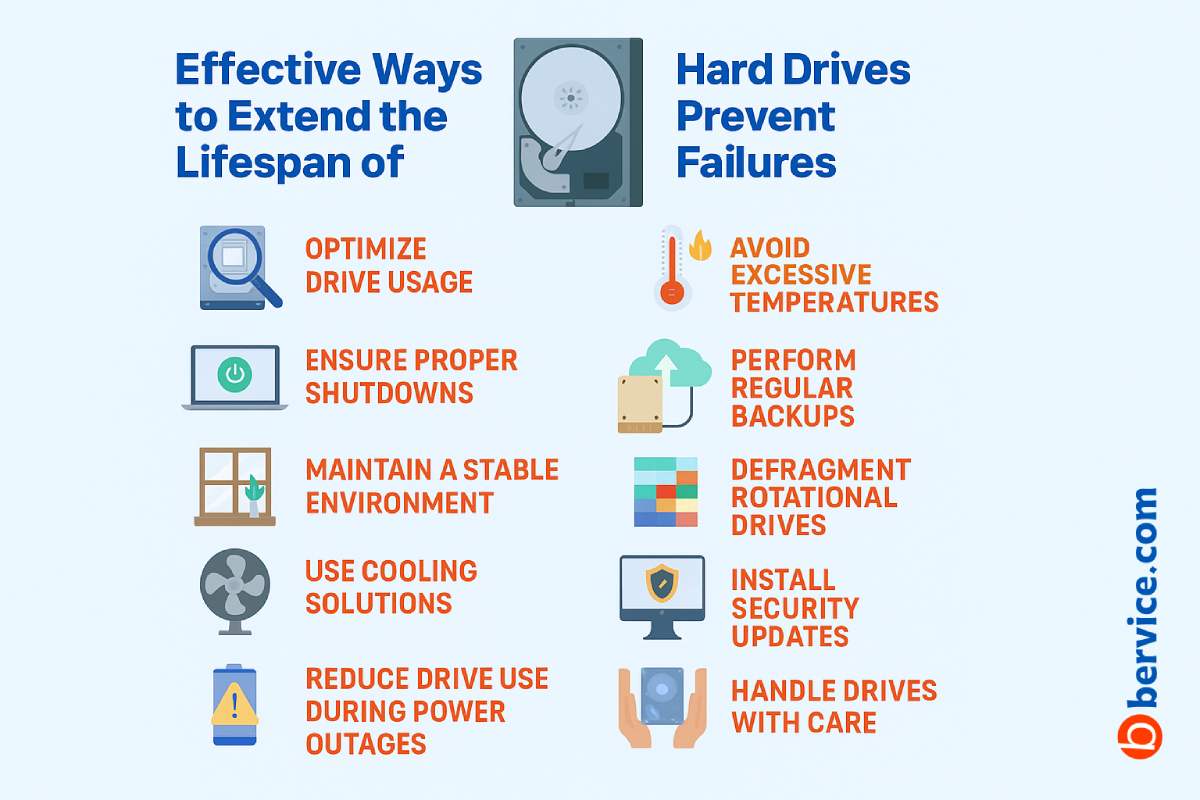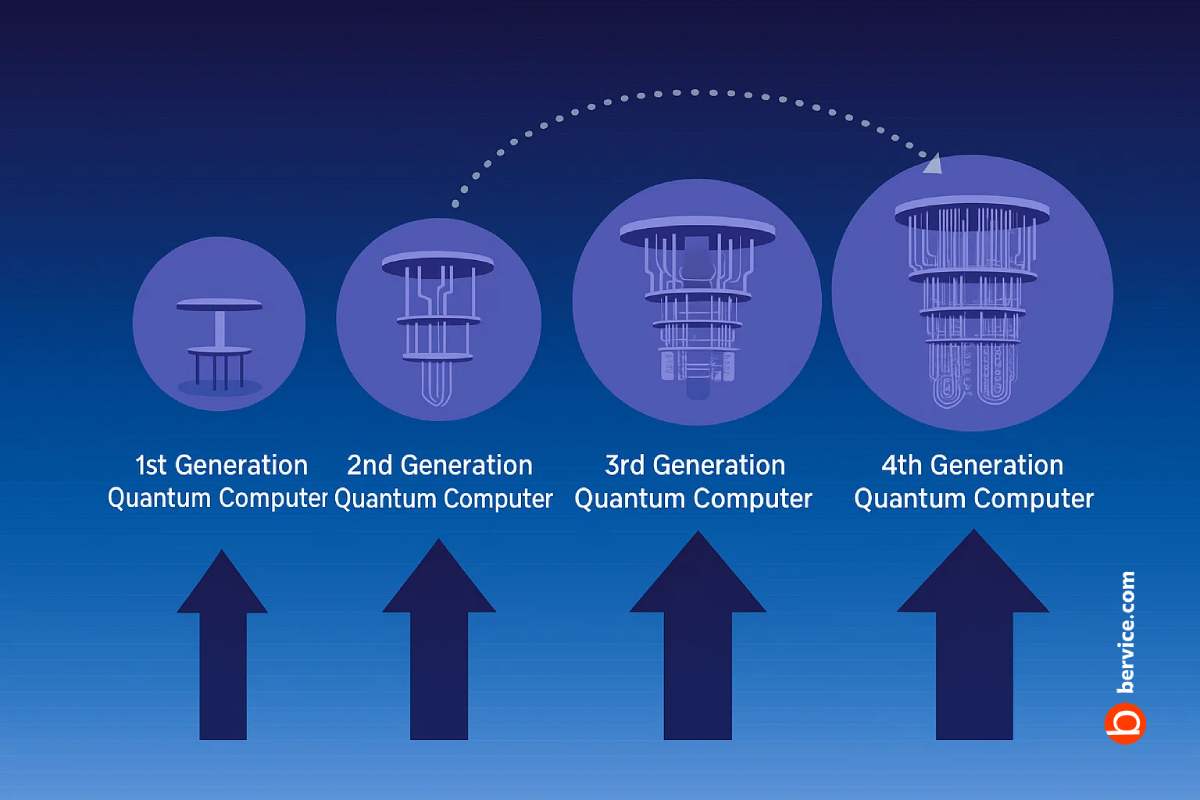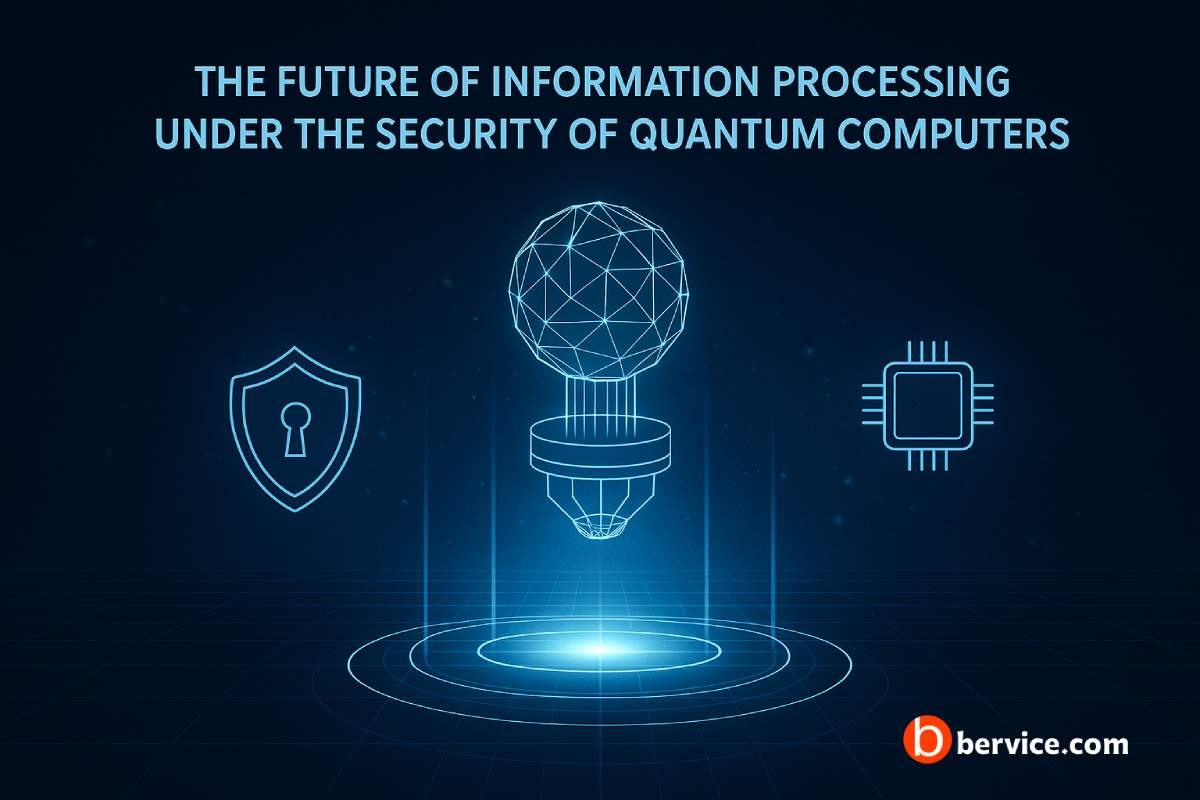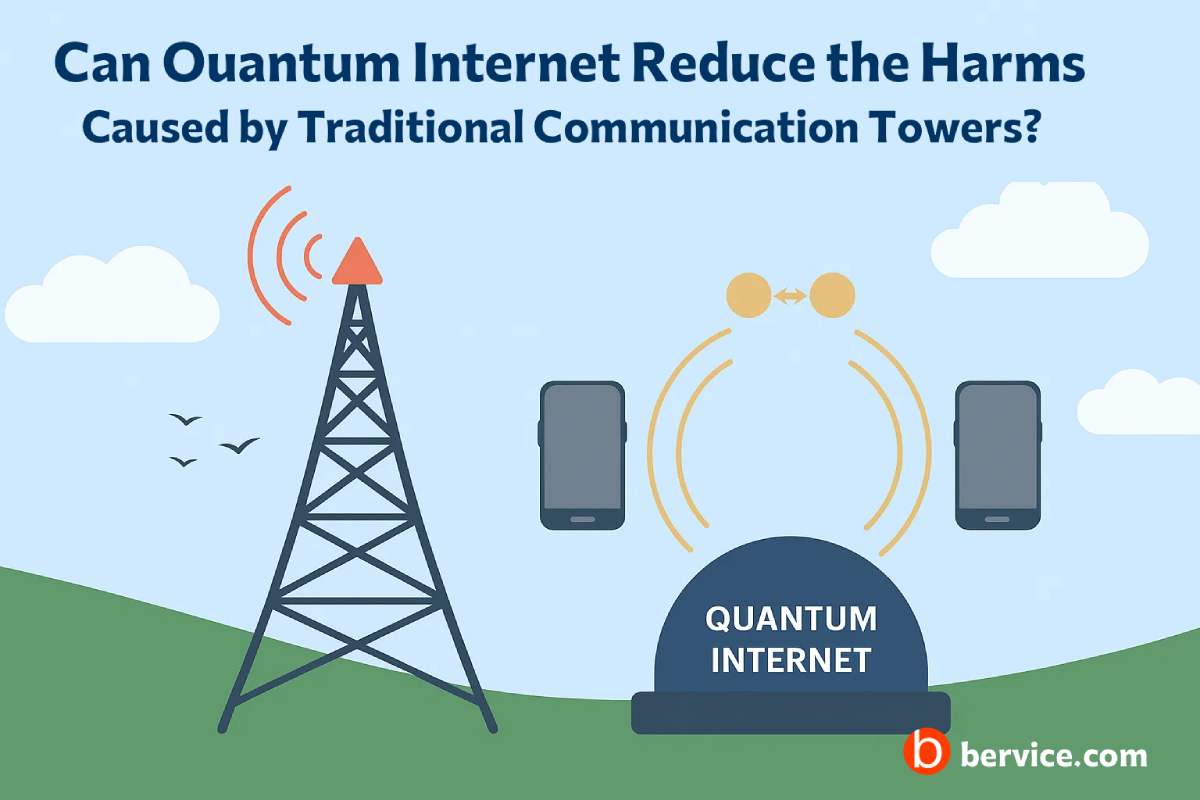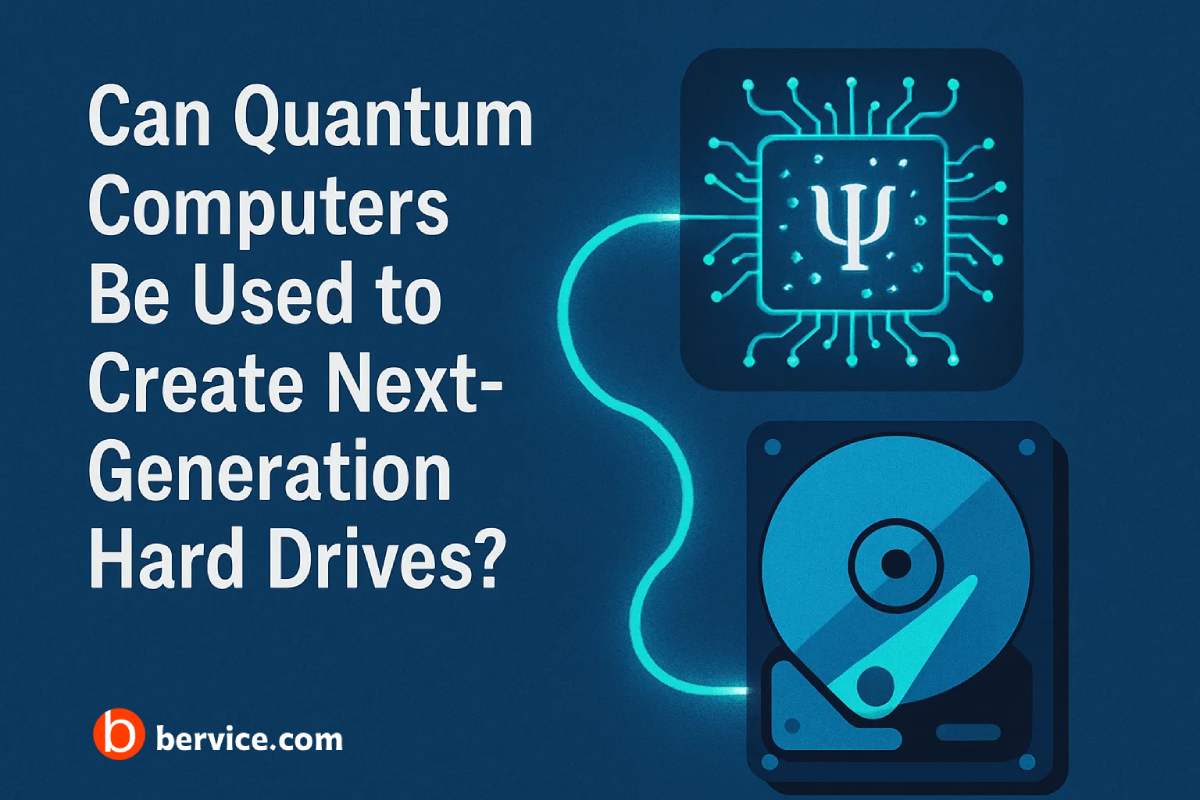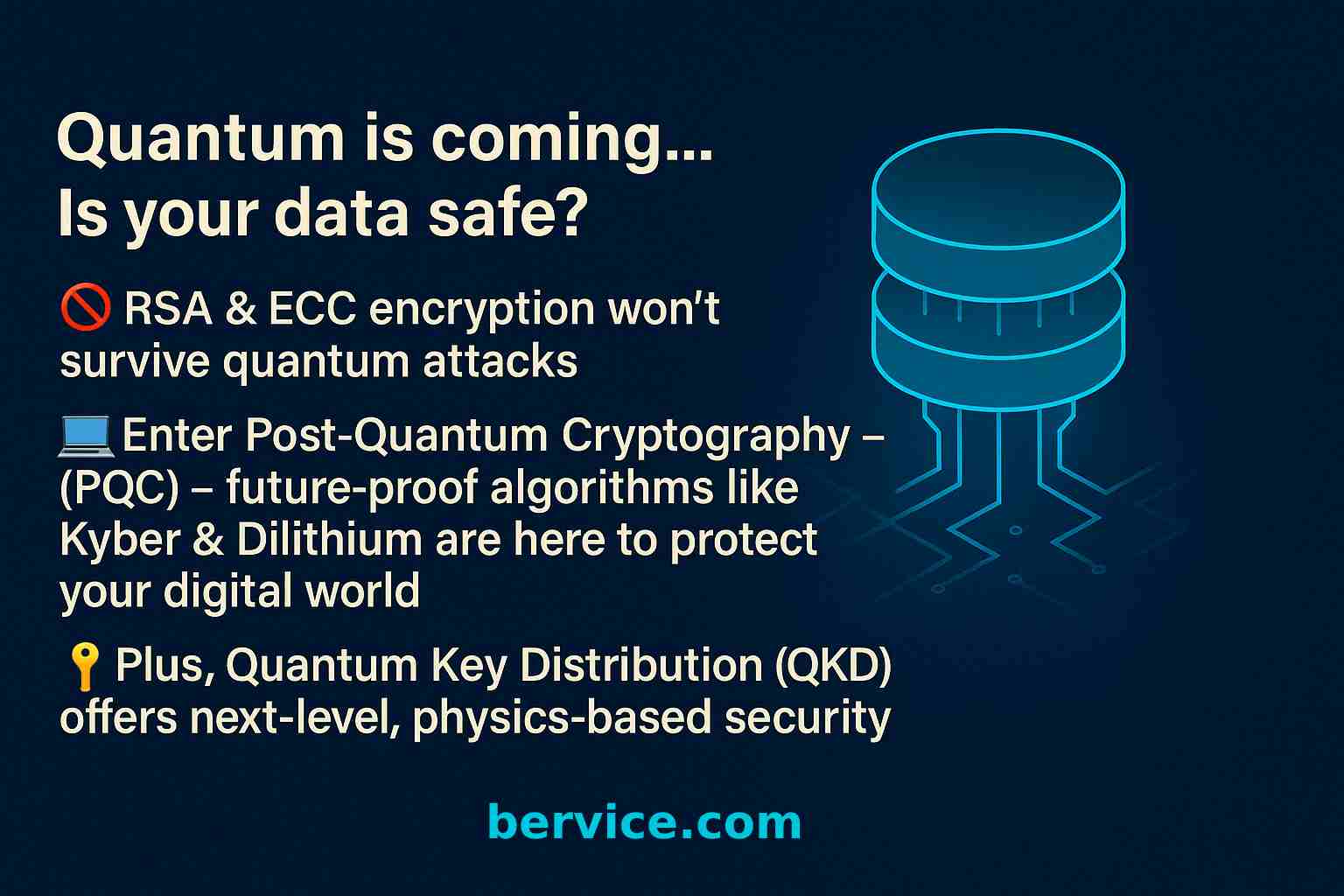
In an era defined by rapid technological advancement, quantum computers stand as both a threat and a promise for the future of information security. With computing power that vastly outpaces classical machines, quantum computers will revolutionize many industries—none more critically than cybersecurity.
🧠 What Are Quantum Computers?
Unlike traditional computers that process information in binary (0s and 1s), quantum computers use qubits—which can represent 0 and 1 simultaneously thanks to a phenomenon known as superposition. Moreover, entanglement allows qubits to be interconnected in complex ways, exponentially increasing computational power.
🛡️ The Threat to Current Encryption
Most modern cryptographic systems, such as RSA and Elliptic Curve Cryptography (ECC), rely on the fact that certain mathematical problems (like factoring large numbers) are too time-consuming for classical computers. However, Shor’s algorithm, when run on a powerful quantum computer, can solve these problems in polynomial time—rendering many current encryption methods obsolete.
🔓 This poses a serious threat to everything from online banking and digital signatures to national security communications.
🧬 The Rise of Post-Quantum Cryptography (PQC)
To counter this, researchers are developing Post-Quantum Cryptography (PQC)—algorithms designed to be secure against quantum attacks. Unlike quantum cryptography, which uses quantum mechanics itself, PQC can run on classical computers and still withstand quantum-level threats. The NIST PQC standardization project is currently finalizing its first set of quantum-resistant algorithms (e.g., Kyber, Dilithium).
🔗 Quantum-Enhanced Security
While quantum computers threaten existing encryption, they also offer new forms of unbreakable security. Quantum Key Distribution (QKD) uses the laws of physics to enable two parties to share a key with absolute secrecy. If a third party tries to intercept the key, the quantum state changes, alerting both parties to a breach.
💼 Industry and Government Readiness
Major tech companies (like Google, IBM, and Microsoft) and government agencies (e.g., NSA, EU Commission) are actively working on quantum-safe solutions. Financial institutions, cloud providers, and blockchain platforms are starting to transition to hybrid models—combining classical and post-quantum algorithms for added resilience.
🚀 The Road Ahead
Quantum computers are not yet mainstream, but their steady progress means we must act now. Migrating critical infrastructure to quantum-safe encryption is not optional—it’s a necessity. Just as the internet revolutionized communication, quantum computing will redefine security.
Conclusion
Quantum computing will reshape the future of data encryption, forcing a complete overhaul of today’s digital defenses. While it threatens current cryptographic systems, it also opens doors to fundamentally secure methods like PQC and QKD. Embracing this dual nature—risk and opportunity—is essential for building a secure digital future.
Connect with us : https://linktr.ee/bervice
